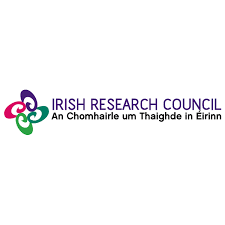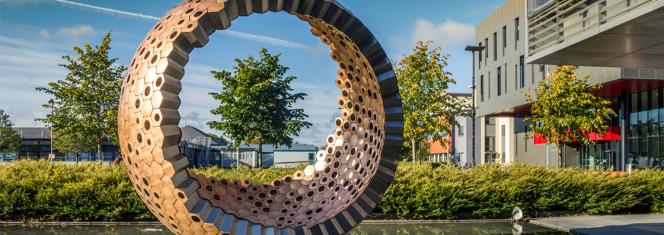Research Overview
Maynooth University School of Law and Criminology is the youngest law school in Ireland. The research mission of the School reflects that: staff members are focused on areas of enquiry that broaden the traditional remit of legal research, opening up the discipline to the wider fields of human rights, global business, and social justice.
The aim is to provide new perspectives on legal research that will feed into teaching at the School, challenging undergraduates to rethink the role of the legal professional in society. Staff members are working across and beyond the university to engage with the widest possible audience. What makes the Department unique is its active engagement with leading scholars and policy makers.
The School is committed to developing policy-orientated research, which necessarily entails cultivating a range of links with civil society groups, business, public administration, and legal professions. The School of Law and Criminology is already delivering a course in Funds Law in partnership with top Irish law firm, Matheson, which specialises in supporting international companies doing business in Ireland. In addition, staff members have expertise in IT law, financial services and intellectual property rights.





